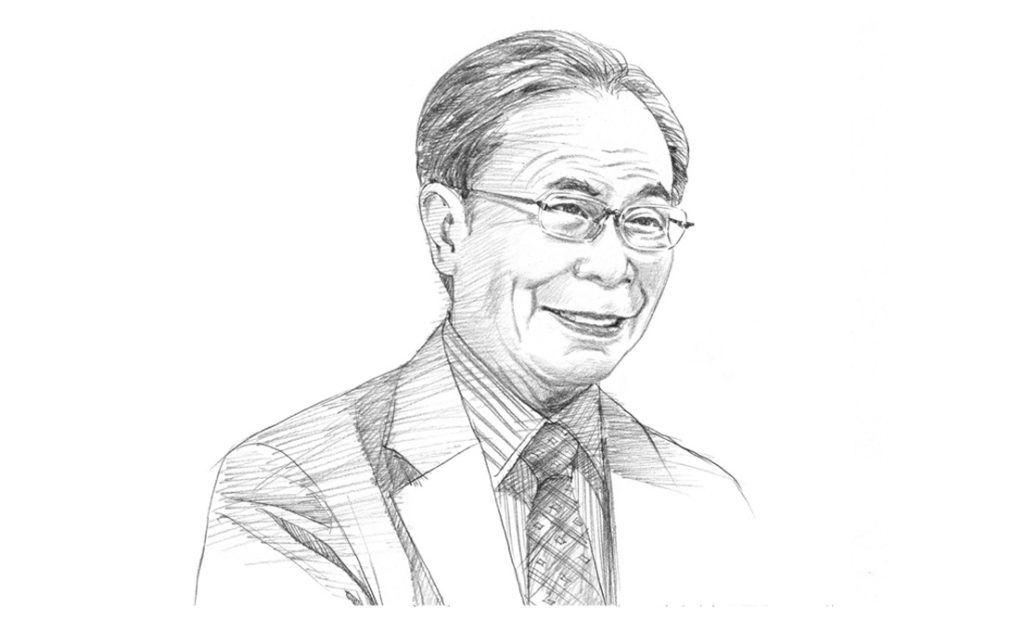Company Overview

Peace of mind with iPSCs
Happier, healthier life with iPSC technology
I Peace’s mission is to alleviate the suffering of diseased patients and help healthy people maintain a high quality of life. Our goal is to create iPSCs – a type of stem cell – for every individual that becomes his/her stem cells for life. At I Peace, we are taking steps to achieve that future, now.
To date, we have successfully developed various innovative iPSC technologies and are continuously working to make our technology user-friendly and solve any barriers to application. All done to fulfill our mission of happier, healthier lives. We have high ambitions, but our feet are planted firmly on the ground to deliver our promise. We are forging our own way forward to make iPSC technology accessible and widely implemented in society.
While a growing body of clinical research is being conducted with iPSCs, iPSC manufacturing is time and cost-intensive, making mass production difficult. The number of clinical-grade iPSC lines that are currently accessible cannot support growing research endeavors, and it is especially difficult to cultivate iPSC-based personalized medicine. I Peace will continue to realize mass production and cost reduction of clinical-grade iPSCs.
Our Difference
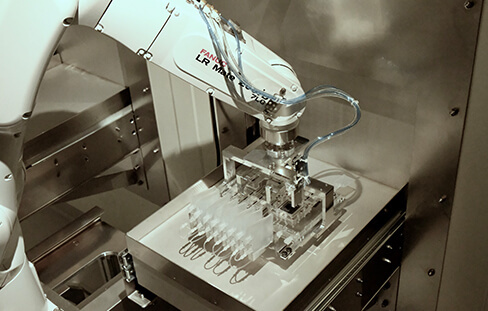
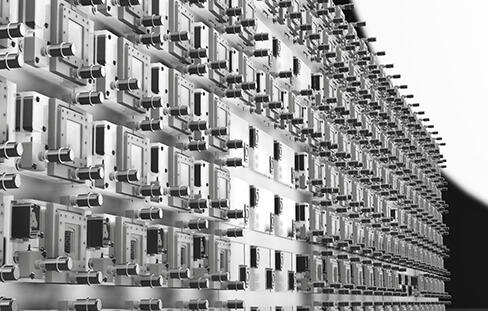
Mass production of high quality iPSCs with innovative automated cell induction and culture technology
Production of iPSCs conventionally requires time and effort-making production cost extremely high. Manufacturing a large number of clinical-grade iPSC lines is cost-prohibitive with the conventional methodology so manufacturing personalized iPSCs for individuals at scale is next to impossible.
I Peace has successfully developed a technology that uses high-level biotechnology to simplify the process of generating iPSCs and automates the preparation process using advanced robotics and fluidics technology. I Peace’s proprietary manufacturing platform enables the fully-automated mass production of discrete iPSCs from multiple donors in a single room. Increasing the available number of clinical-grade iPSC lines allows our customers to take differentiation propensity into account and select the most appropriate iPSC line for their own clinical research, all at significantly reduced cost. All work is done in our GMP grade cell manufacturing facility licensed to manufacture cell products with our innovative technology.
By simultaneously providing multiple discrete iPSCs, I Peace enables research institutions, biotech and pharmaceutical companies to more rapidly and efficiently differentiate iPSCs into appropriate target somatic cells. We believe our advantage significantly accelerates therapeutic discovery and treatment of patients today and in the future.
Our People
Board Members
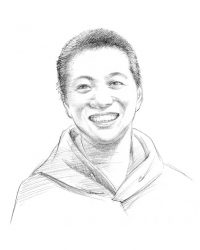
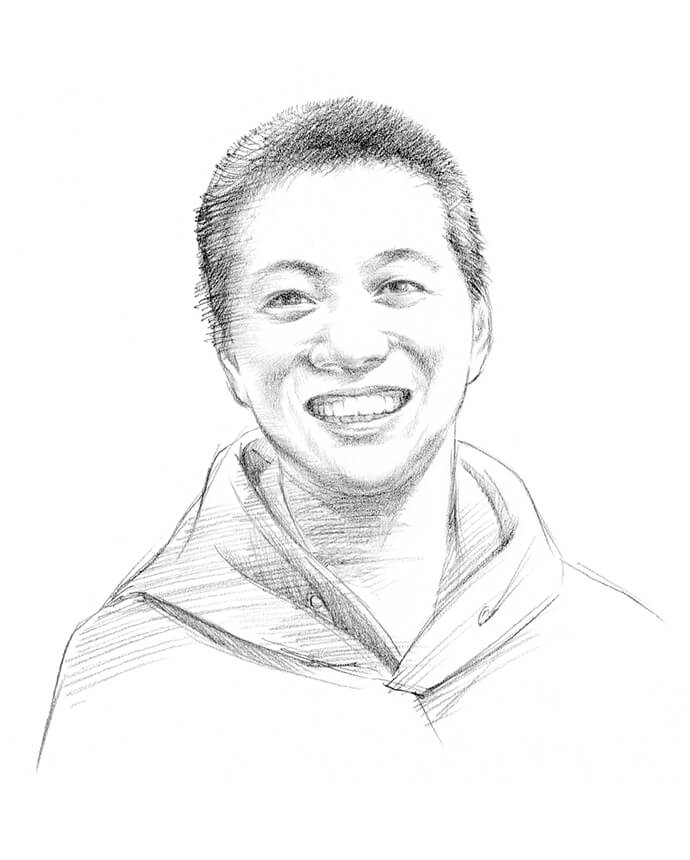

Koji Tanabe, Ph.D.
Founder & CEO
2006-2013 Shinya Yamanaka Lab., Graduate School of Medicine, Kyoto University
2013 Ph.D. in Medical Science, Shinya Yamanaka Laboratory, Graduate School of Medicine, Kyoto University (Center for iPS Cell Research and Application, Kyoto University)
2013-2017 Postdoctoral Fellow, Stanford University School of Medicine Institute for Stem Cell Biology and Regenerative Medicine, Marius Wernig Laboratory
2015-2017 JSPS Research Fellow 2017-2019 Visiting Researcher, Stanford University School of Medicine Stem Cell Biology and Regenerative Medicine Institute
Dr. Tanabe has been involved in iPSC research since its inception and is the second author of the first ever paper that reported the successful creation of human iPS cells. He studied the mechanism of reprogramming for 7 years in the laboratory of Dr. Shinya Yamanaka. As a postdoctoral researcher at the laboratory of Dr. Marius Wernig of Stanford University—who succeeded in the world’s first direct reprogramming of skin cells to neurons—Koji’s work focused on the mechanism of direct reprogramming from blood cells to neurons and iPSC reprogramming. He has contributed to numerous iPSC papers and papers on direct reprogramming to neurons.
Scientific Advisory Board



Koji Tanabe, Ph.D.
Founder & CEO
2006-2013 Shinya Yamanaka Lab., Graduate School of Medicine, Kyoto University
2013 Ph.D. in Medical Science, Shinya Yamanaka Laboratory, Graduate School of Medicine, Kyoto University (iPS Cell Research Institute)
2013-2017 Postdoctoral Fellow, Stanford University School of Medicine Institute for Stem Cell Biology and Regenerative Medicine Marius Wernig Laboratory
2015-2017 JSPS Research Fellow 2017-2019 Visiting Researcher, Stanford University School of Medicine Stem Cell Biology and Regenerative Medicine Institute
Koji has been involved in iPSC research since the beginning of iPSC development, and is the second author of a paper reporting the successful establishment of human iPS cells for the first time in the world. He researched the mechanism of reprogramming for 7 years at Dr. Shinya Yamanaka’s lab. As a postdoctoral researcher at the laboratory of Dr. Marius Wening of Stanford University, who succeeded in the world’s first direct reprogramming of skin cells to neurons, his work focused on the mechanism of direct reprogramming from blood cells to neurons and iPSC reprogramming. He has contributed to numerous iPSC papers and papers on direct reprogramming to neurons.
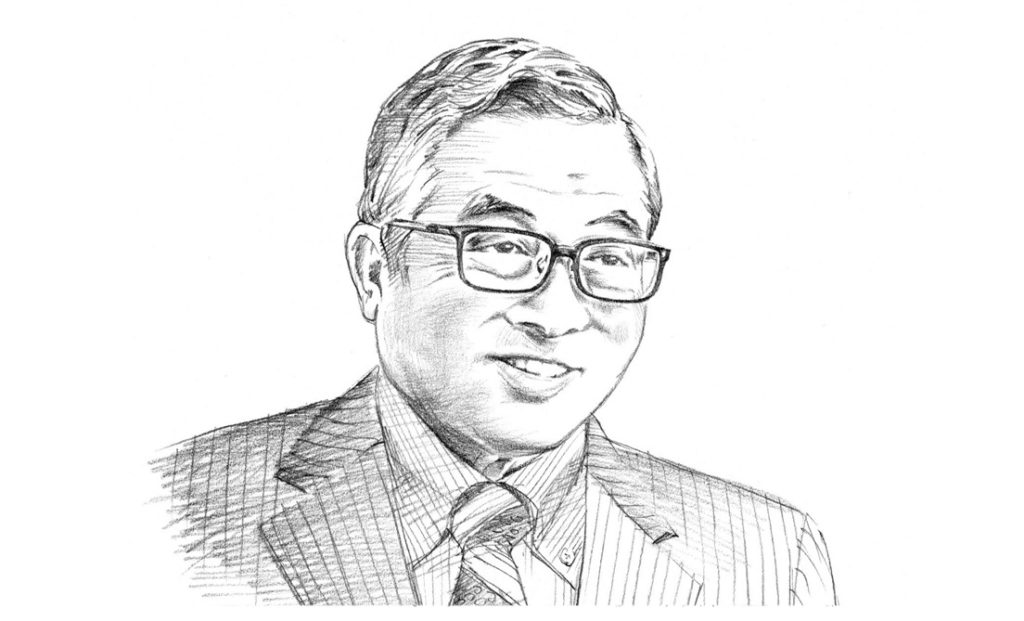


Sachio Senmoto
Executive Chairman RENOVA, Inc.
Dr. Semmoto joined RENOVA as an External Board Member in 2014, becoming Chairman in 2015. Prior to RENOVA, he founded four leading telecom companies including KDDI and eAccess. He was a board member of NetApp, Inc. headquartered in Sunnyvayle, CA which is one of the excellent company in Silicon Valley, and Trustee Director of Thomson Reuters Founders Share Company which is the world’s largest information technology service company.
He was also a full professor at Keio University, a visiting professor of Carnegie Mellon University and University of California, Berkeley.
He holds a BS in Engineering from Kyoto University and PhD in Engineering from University of Florida.
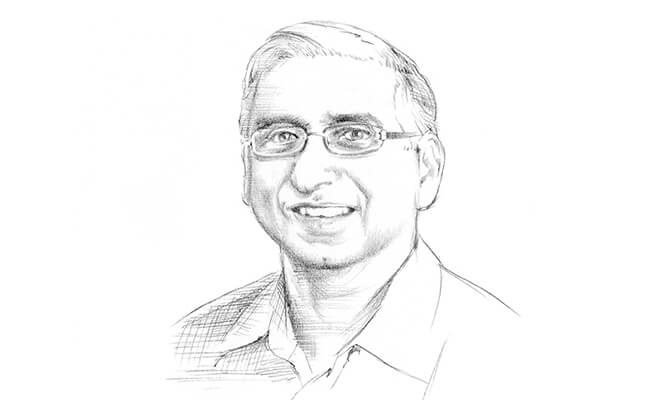


Mahendra Rao
M.D., Ph.D.
Chief Executive Officer at panCELLa
1983 M.D., Bombay University (current University of Mumbai)
1991 Ph.D. in Occurrence Neurobiology at California Institute of Technology
1990-1993 Doctoral Researcher, Case Western Reserve University
1994-2000 Associate Professor, the University of Utah Neurobiology
2006-2011 VP of Regenerative Medicine, Thermo Fisher Scientific (current Life Technologies)
2011-2014 Director, NIH Center for For Regenerative Medicine
2014– Founder and CSO at Mahendra Rao LLC / Chief Executive Officer at panCELLa
Dr. Rao is an internationally notable researcher in embryonic stem cells. He has a wealth of experience not only in research and education, but also in business serving as an advisor or a board member of many pharmaceutical / biotech companies, including as a co-founder of Q Therapeutics.
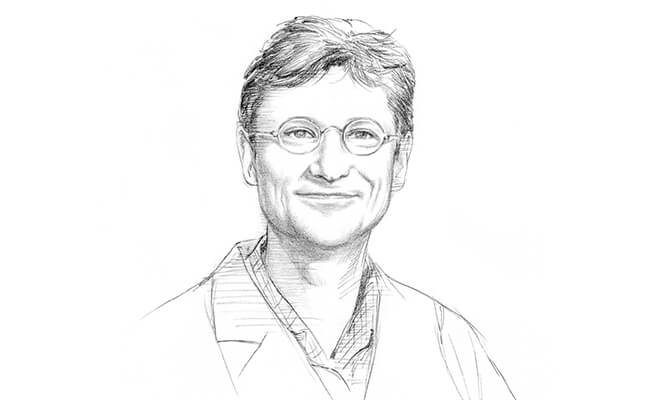



Marius Wernig
M.D., Ph.D.
Professor of Pathology and Co-Director of the Institute for Stem Cell Biology and Regenerative Medicine at Stanford University
2000 M.D./Ph.D. from the Technical University of Munich
2000-2003 Residency at the University of Bonn
2003-2008 Postdoctoral Fellow at the MIT Whitehead Institute
2008– Stanford University School of Medicine Stem Cell Biology and Regenerative Medicine Institute
Dr. Wernig’s laboratory specializes in the study of pluripotent stem cell biology and neurons, and was the first in the world successfully generate direct reprogrammed functional neuronal cells from skin fibroblasts. He has received a number of awards such as New York Stem Cell Foundation’s Robertson Stem Cell Prize and the Ogawa-Yamanaka Stem Cell Prize.



Sachio Senmoto
Executive Chairman RENOVA, Inc.
Dr. Semmoto joined RENOVA as an External Board Member in 2014, becoming Chairman in 2015. Prior to RENOVA, he founded four leading telecom companies including KDDI and eAccess. He was a board member of NetApp, Inc. headquartered in Sunnyvayle, CA which is one of the excellent company in Silicon Valley, and Trustee Director of Thomson Reuters Founders Share Company which is the world’s largest information technology service company.
He was also a full professor at Keio University, a visiting professor of Carnegie Mellon University and University of California, Berkeley.
He holds a BS in Engineering from Kyoto University and PhD in Engineering from University of Florida.



Mahendra Rao
M.D., Ph.D.
Chief Executive Officer at panCELLa
1983 M.D., Bombay University (current University of Mumbai)
1991 Ph.D. in Occurrence Neurobiology at California Institute of Technology
1990-1993 Doctoral Researcher, Case Western Reserve University
1994-2000 Associate Professor, the University of Utah Neurobiology
2006-2011 VP of Regenerative Medicine, Thermo Fisher Scientific (current Life Technologies)
2011-2014 Director, NIH Center for For Regenerative Medicine
2014– Founder and CSO at Mahendra Rao LLC / Chief Executive Officer at panCELLa
Dr. Rao is an internationally notable researcher in embryonic stem cells. He has a wealth of experience not only in research and education, but also in business serving as an advisor or a board member of many pharmaceutical / biotech companies, including as a co-founder of Q Therapeutics.
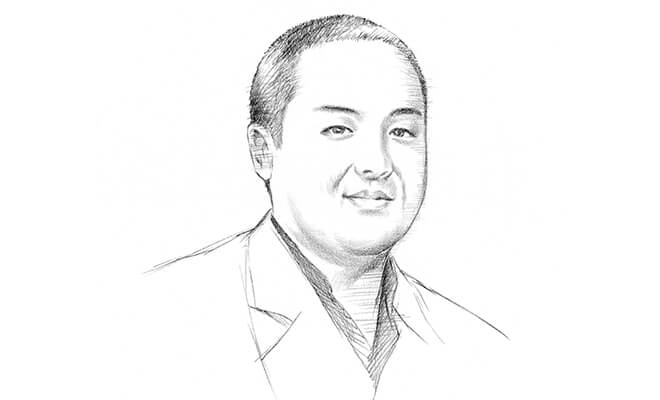


Kazutoshi Takahashi
Ph.D.
Associate Professor, iPS Cell Research Institute, Kyoto University / Visiting Researcher, Gladstone Research Institute
2005 Ph.D., Graduate School of Bioscience, Nara Institute of Science and Technology
2004-2006 JSPS Research Fellow 2006-2008 Kyoto University Research Institute of Regenerative Medicine
2008-2009 Assistant Professor, iPS Cell Research Center, Kyoto University
2009 Lecturer, Kyoto University, Center for Integrated Material-Cell Systems, iPS Cell Research Center
2010 Lecturer, iPS Cell Research Institute, Kyoto University
2015-Present J. David Gladstone Institute of Cardiovascular Desease Visiting Scientist (2016-2017 Staff Research Investigator)
2019-Present Kyoto University iPS Cell Research Institute Associate Professor
Dr. Takahashi has engaged in research as the right arm of Professor Shinya Yamanaka (who won the Nobel Prize for iPSCs). He has also won international awards, including the New York Stem Cell Foundation’s Robertson Stem Cell Prize for his work on cells.




Marius Wernig
M.D., Ph.D.
Professor of Pathology and Co-Director of the Institute for Stem Cell Biology and Regenerative Medicine at Stanford University
2000 M.D./Ph.D. from the Technical University of Munich
2000-2003 Residency at the University of Bonn
2003-2008 Postdoctoral Fellow at the MIT Whitehead Institute
2008– Stanford University School of Medicine Stem Cell Biology and Regenerative Medicine Institute
Dr. Wernig’s laboratory specializes in the study of pluripotent stem cell biology and neurons, and was the first in the world successfully generate direct reprogrammed functional neuronal cells from skin fibroblasts. He has received a number of awards such as New York Stem Cell Foundation’s Robertson Stem Cell Prize and the Ogawa-Yamanaka Stem Cell Prize.



Kazutoshi Takahashi
Ph.D.
Associate Professor, iPS Cell Research Institute, Kyoto University / Visiting Researcher, Gladstone Research Institute
2005 Ph.D., Graduate School of Bioscience, Nara Institute of Science and Technology
2004-2006 JSPS Research Fellow 2006-2008 Kyoto University Research Institute of Regenerative Medicine
2008-2009 Assistant Professor, iPS Cell Research Center, Kyoto University
2009 Lecturer, Kyoto University, Center for Integrated Material-Cell Systems, iPS Cell Research Center
2010 Lecturer, iPS Cell Research Institute, Kyoto University
2015-Present J. David Gladstone Institute of Cardiovascular Desease Visiting Scientist (2016-2017 Staff Research Investigator)
2019-Present Kyoto University iPS Cell Research Institute Associate Professor
Dr. Takahashi has engaged in research as the right arm of Professor Shinya Yamanaka (who won the Nobel Prize for iPSCs). He has also won international awards, including the New York Stem Cell Foundation’s Robertson Stem Cell Prize for his work on cells.




Marius Wernig
M.D., Ph.D.
Professor of Pathology and Co-Director of the Institute for Stem Cell Biology and Regenerative Medicine at Stanford University
2000 M.D./Ph.D. from the Technical University of Munich
2000-2003 Residency at the University of Bonn
2003-2008 Postdoctoral Fellow at the MIT Whitehead Institute
2008– Stanford University School of Medicine Stem Cell Biology and Regenerative Medicine Institute
Dr. Wernig’s laboratory specializes in the study of pluripotent stem cell biology and neurons, and was the first in the world successfully generate direct reprogrammed functional neuronal cells from skin fibroblasts. He has received a number of awards such as New York Stem Cell Foundation’s Robertson Stem Cell Prize and the Ogawa-Yamanaka Stem Cell Prize.
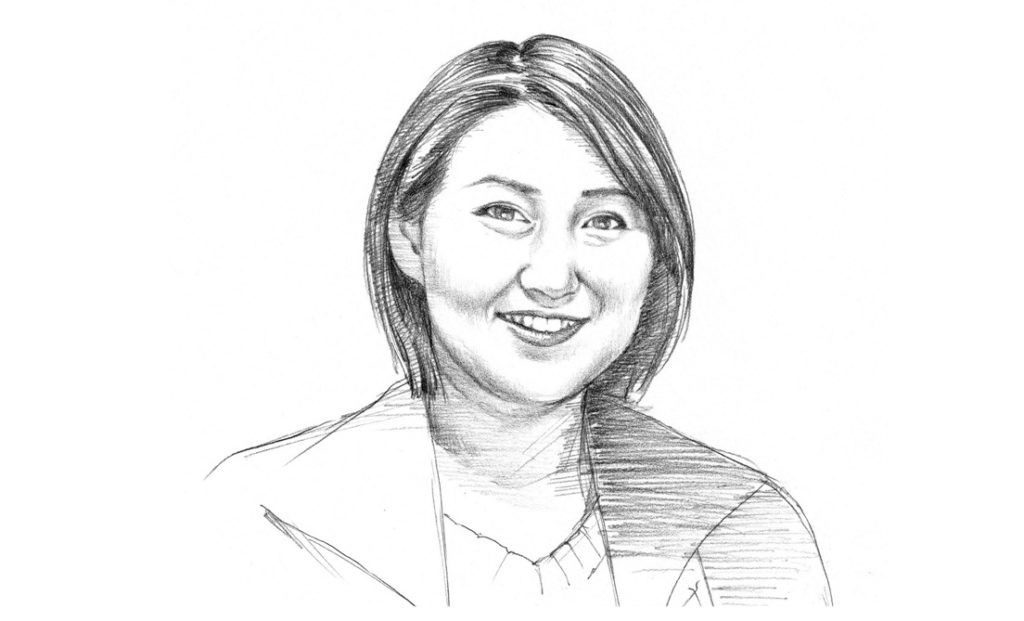

Kaori Muto
Ph.D
I Peace members
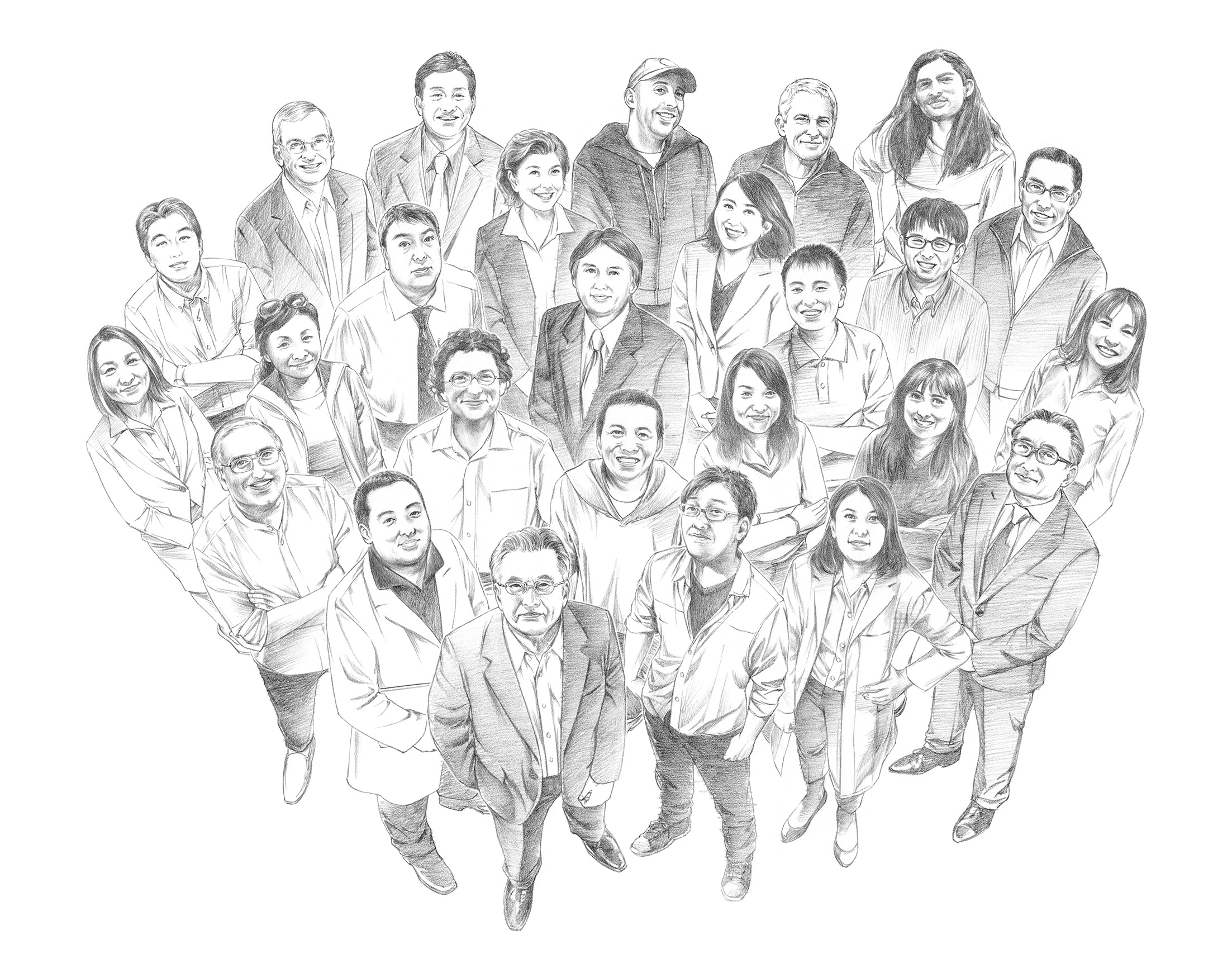

With highly experienced iPSC researchers at the center, the I Peace team includes a diverse mix of Japanese and US talent, including clinical cell culture specialists, cell processing facility technicians, robotics technicians, engineers, ex-investment bankers, etc. Together, we are continuously working to realize our vision as soon as possible.
Company Information
Company Name
I Peace, Inc.
Location Headquarter:Palo Alto, California, USA Japan subsidiary (I Peace, Ltd.): Kyoto, Japan Manufacturing facility:Kyoto, Japan Japan Branch Office: Tokyo, Japan
Founder&CEO Koji Tanabe
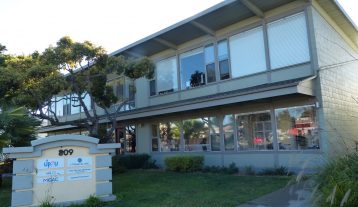

I Peace headquarter
Palo Alto, California, USA
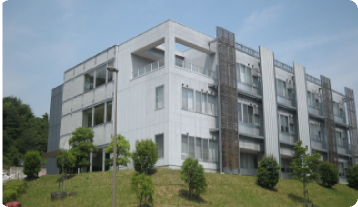

Japan Corporate: Kyoto, Japan
Manufacturing Facility: Kyoto Japan
Tokyo Branch Office: Tokyo
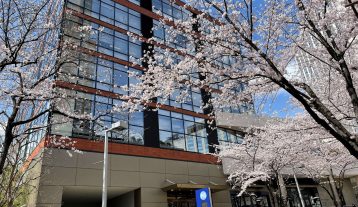

Tokyo Branch Office: Tokyo
Reach out to us to learn more

